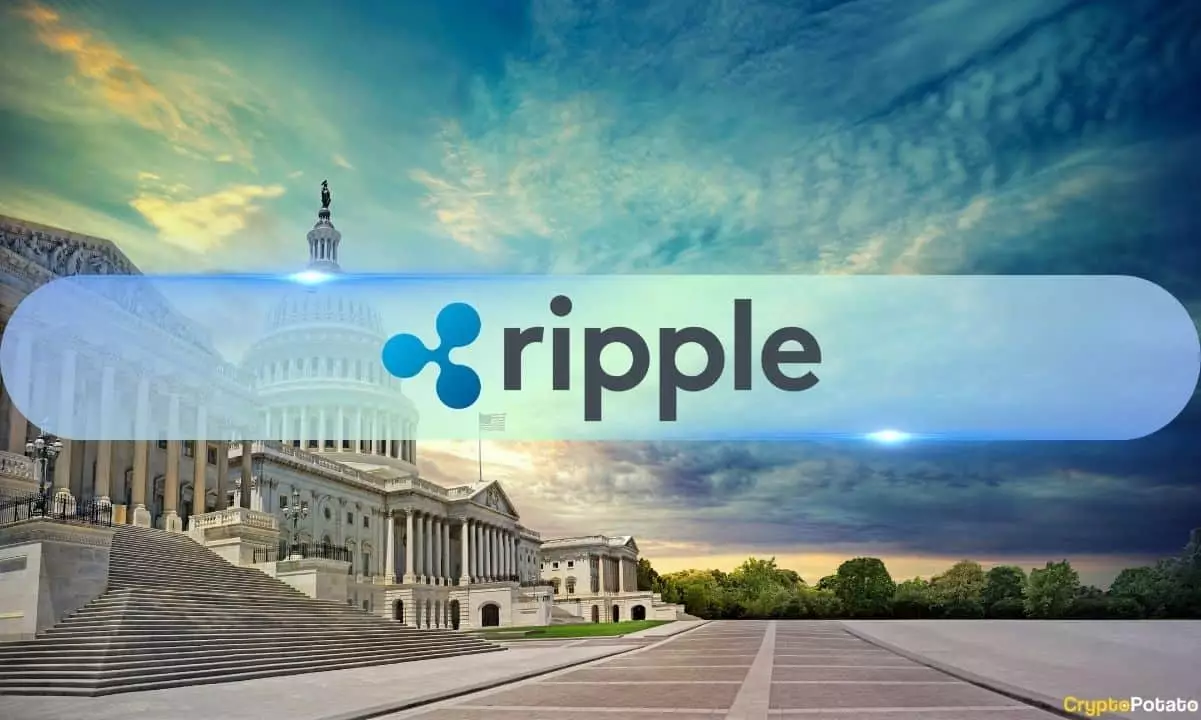Ripple, a leading player in the digital asset infrastructure arena, recently made headlines by securing Money Transmitter Licenses (MTLs) in two of the most influential states—New York and Texas. This development is significant, as it brings Ripple’s total to over 50 MTLs across the United States. The acquisition of these licenses not only showcases Ripple’s commitment to compliance but also reflects its strategic approach in navigating the complex regulatory landscape of the crypto industry. Both New York and Texas are known for their stringent regulatory frameworks, which can present formidable barriers for companies seeking to operate within their jurisdictions.
According to Ripple’s official announcement, the newly acquired MTLs allow the company to offer U.S. customers an enhanced version of its cross-border payments service. This platform is designed to facilitate secure and compliant transactions while enabling Ripple to manage the entire transaction process from start to finish. The emphasis on compliance is crucial, particularly in an industry often scrutinized for its regulatory standards. Ripple’s capabilities in managing compliance standards serve to instill confidence among financial institutions and potential partners, putting the company in a favorable position.
Ripple’s North American Managing Director, Joanie Xie, commented on the increasing interest from traditional financial institutions towards adopting crypto solutions. She pointed out that these establishments are eager to explore the benefits of crypto and blockchain for enhancing payment efficiency. Through years of experience, Ripple aims to leverage this growing curiosity, positioning itself as a pivotal partner in the transition towards more modern payment infrastructures. The potential for collaboration with financial entities signifies a maturation of the crypto market, highlighting Ripple’s role in bridging the gap between traditional finance and digital assets.
With a reported payment volume of $70 billion, Ripple Payments is making significant strides in establishing a global footprint. The company operates around the clock, covering more than 90 markets and claiming to accommodate over 90% of daily foreign exchange activity. This robust operational capability has fueled Ripple’s growth, doubling its customer base within just one year—an impressive feat that underscores the burgeoning demand for its services.
Interestingly, Ripple’s business strategy appears to be evolving recently, with a particular focus on domestic growth following the 2024 presidential elections. The so-called “Trump effect” has reportedly influenced the company’s operations, leading it to prioritize hiring within the United States. This shift away from a previously overseas-focused recruitment strategy indicates Ripple’s adaptive business approach in response to regulatory pressures, especially from the SEC under Gary Gensler’s leadership. The opening of larger offices in key markets like San Francisco and New York illustrates Ripple’s intention to firmly anchor its operations in U.S. soil while boosting its workforce domestically.
Ripple’s recent achievements, coupled with a strategic focus on compliance, market expansion, and an adaptable recruitment approach, position the company effectively for future growth within the evolving digital asset landscape. As financial institutions increasingly lean into crypto, Ripple stands ready to support this transition with its robust offerings and expertise.











